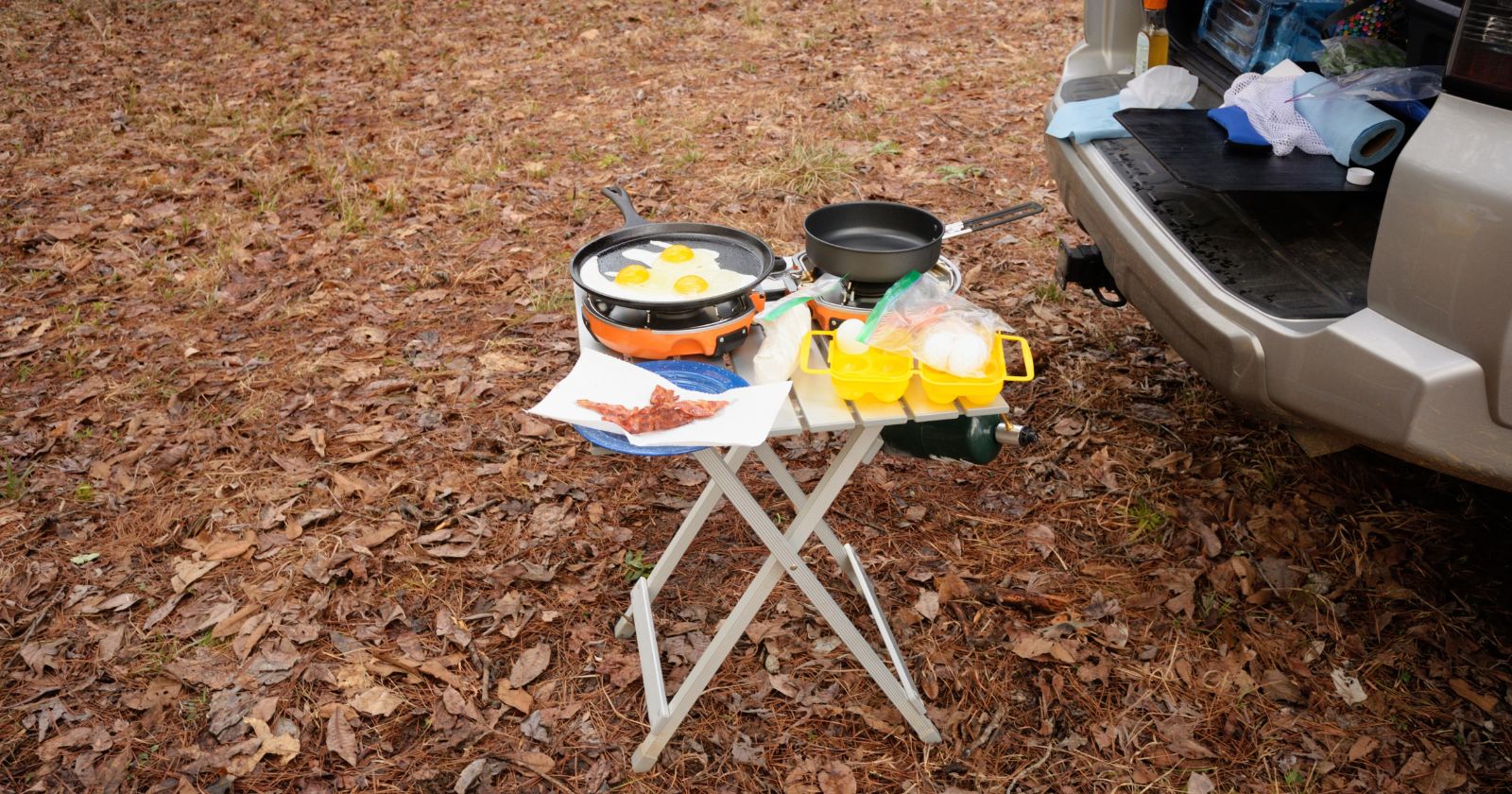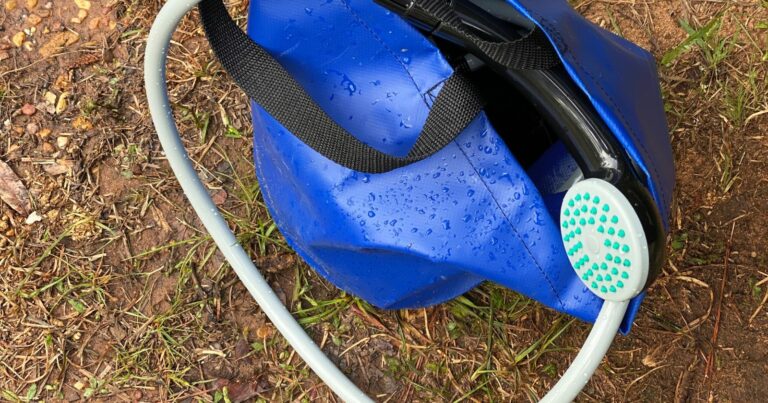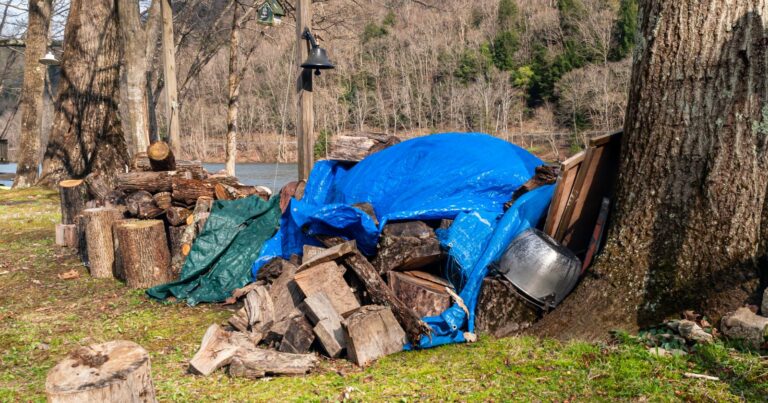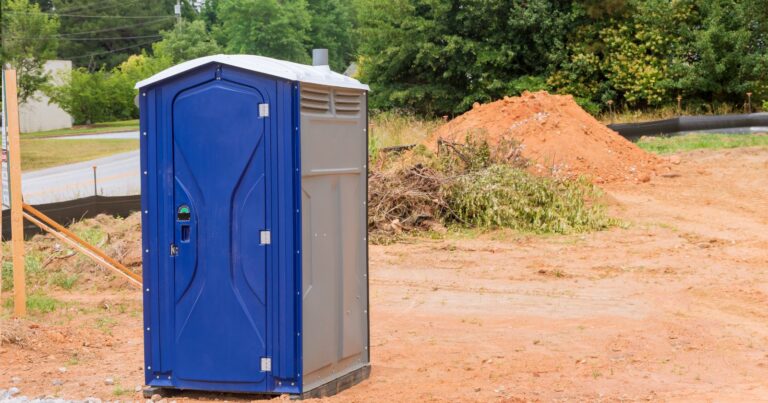What to Do With Dishwater When Camping
As the sun sets on another adventurous day spent hiking misty trails and telling stories around the crackling campfire, it’s time for your least favorite camping chore – washing the dishes. Dirty pots, greasy plates, and sticky utensils clutter your camp kitchen. You sigh, realizing you need to tackle the unpleasant task of scrubbing it all clean.
But there’s another important consideration that goes hand-in-hand with washing dishes in the wilderness – properly disposing of the leftover dishwater. Improperly discarded dishwater containing food scraps and grease can negatively impact the environment, going against the outdoor ethics we aim to uphold.
Fear not, camping friends! With some simple strategies, you can cleanly wash your dishes and dispose of the dishwater in an eco-friendly way. Read on to learn techniques that will leave your cookware sparkling, your campsite pristine, and the surrounding land untouched. You’ll breeze through cleanup with an impact-free conscience, leaving you to snuggle into your sleeping bag under a sky full of stars.
Use Campground Dishwashing Stations
Many campgrounds have designated dishwashing areas with drainage for dishwater. Using these stations is the best way to dispose of dishwater when car camping, as the facilities are designed for this purpose.
- Look for dishwashing stations near other amenities like water spigots or restrooms.
- Don’t dump excess food bits directly into the drain. Remove them first.
- Be sure to use biodegradable soap. No antibacterial detergents!
- Scrape dishes thoroughly before washing to avoid clogging the drain with food particles.
Disperse Dishwater >200 ft from Water Sources
If no dishwashing station is available, you’ll need to disperse dishwater yourself.
- Carry dishwater at least 200 feet (70+ adult steps) away from water sources, campsites, roads, or trails before dispersing.
- Select an area with biodegradable ground like gravel, mineral soil, needles, etc. Avoid areas with delicate vegetation.
- Dip the water out of your container and fling it forcefully to spread it over a wide area.
- Resist the urge to just dump it in one spot – this creates puddles that damage the environment.
Strain Out Food Particles Before Dispersing
Remove all food bits and grease before dispersing your dishwater:
- Use a mesh strainer, sieve, or bandana to filter out particles.
- Cheesecloth or a reusable grocery bag with small holes poked in it also work well.
- Collected food bits must be packed out as trash, so have bags on hand.
- Straining allows cleaner, particle-free water to seep back into the ground.
Use Biodegradable Soap
The type of soap matters when washing dishes in nature.
- Use biodegradable soap like Campsuds instead of regular dish detergent.
- Avoid antibacterial soaps, which persist in the environment.
- Even biodegradable soap should still be dispersed widely. It takes time to break down.
- Scrub dishes using minimal soap – a little goes a long way.
Pack Out All Food Particles as Trash
Pack out all strained food bits in trash bags:
- Sealing them in a bag contains the smell and prevents animals from being attracted to camp.
- Haul them out with you at the end of your trip. Do not bury or try to burn food waste.
- Getting every last crumb is key – scattered food scraps can quickly accumulate and attract pests.
Avoid Dumping in Sinks or Water Spigots
Never dump dishwater down restroom or utility sinks at campsites or dump stations.
- Sinks are designed for handwashing, not discarding food particles that can clog drains.
- Water spigots and drinking fountains are also unsuitable for dishwater disposal.
- Dumping attracts insects and animals to common areas used by other campers.
Use a Grocery Bag to Strain Water
A DIY technique for straining using a grocery bag:
- Take a plastic shopping bag and poke holes in the bottom with a fork.
- Add a layer of leaves, pine needles, or gravel.
- Slowly pour dishwater into the bag.
- Food particles get caught in the material while water drains out.
- Pack out the bag of debris when finished washing dishes.
General Tips
Follow these guidelines for responsible dishwater disposal:
- Scrape dishes thoroughly with rubber spatulas before washing.
- Avoid greasy or oily foods that can contaminate water.
- Skip the rinse cycle – it just dirties more water.
- Avoid using hot water requiring fuel to heat.
- Wash dishes well away from your campsite and water sources.
- Consider using disposable cutlery to minimize dishwashing when camping.
With some preparation, washing dishes in nature while doing no harm is totally achievable. Follow these tips to leave no trace after cooking up your camp feasts!







